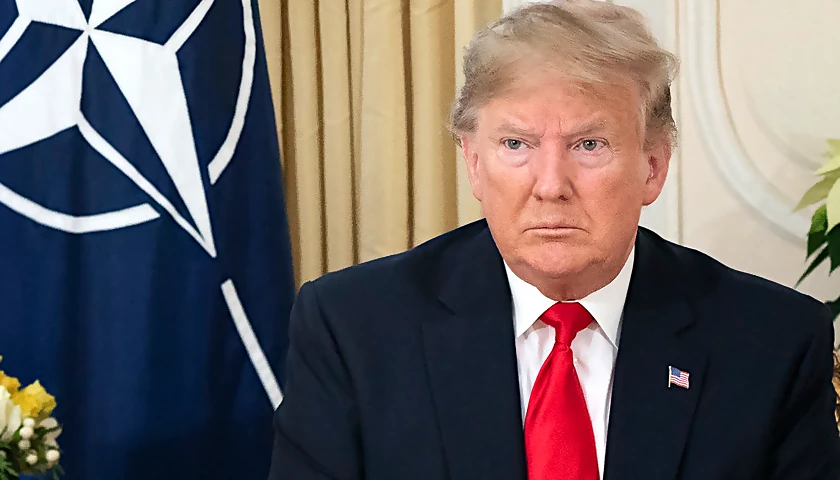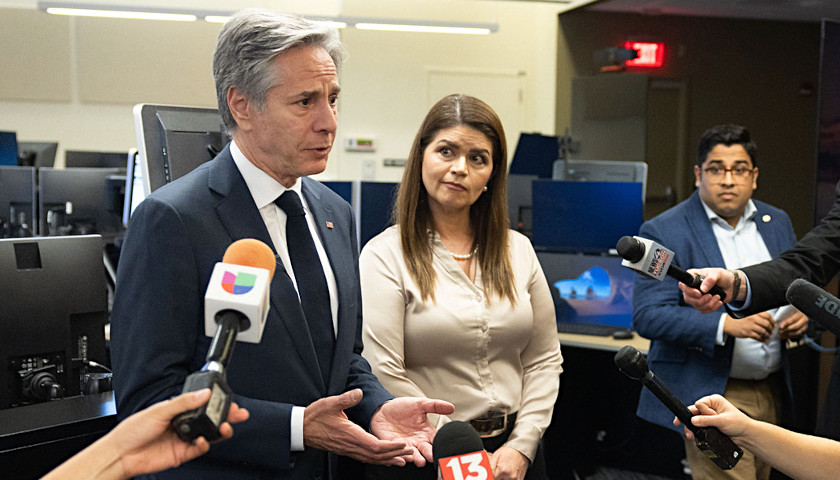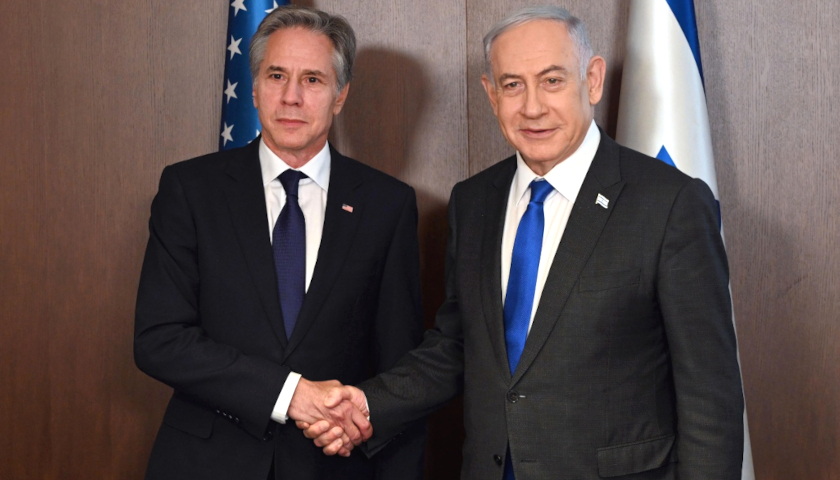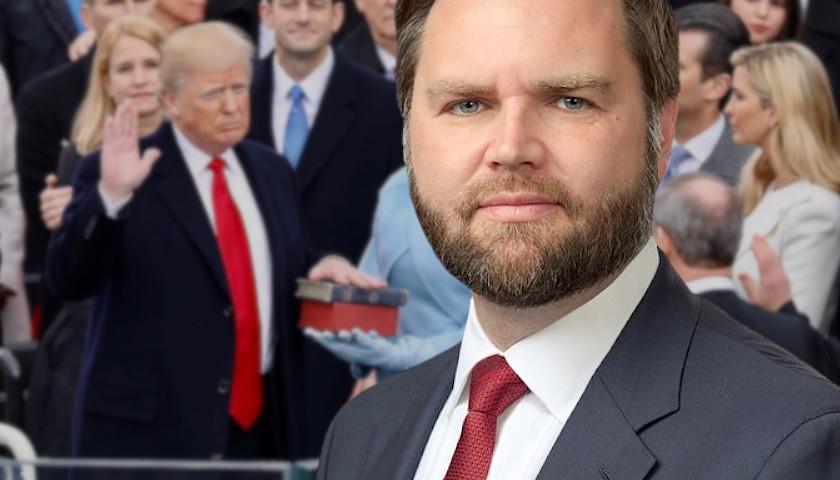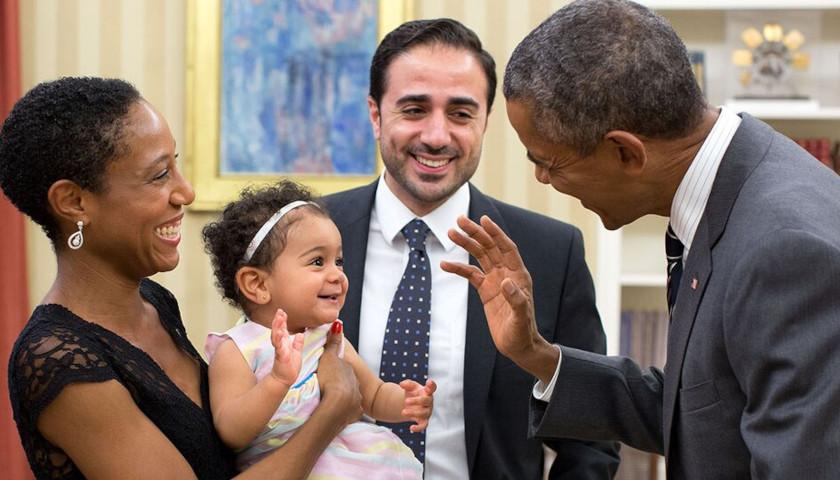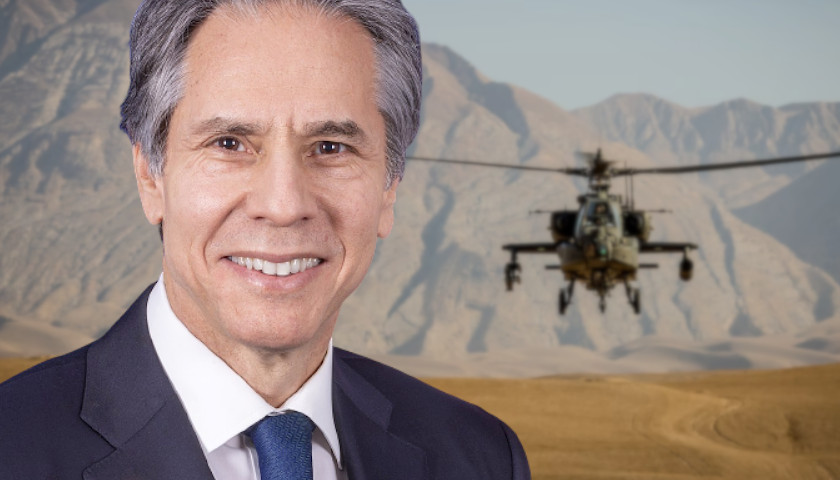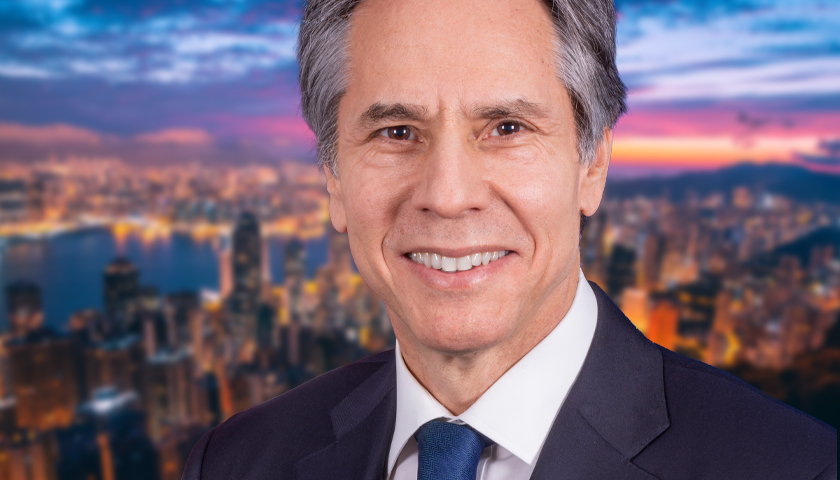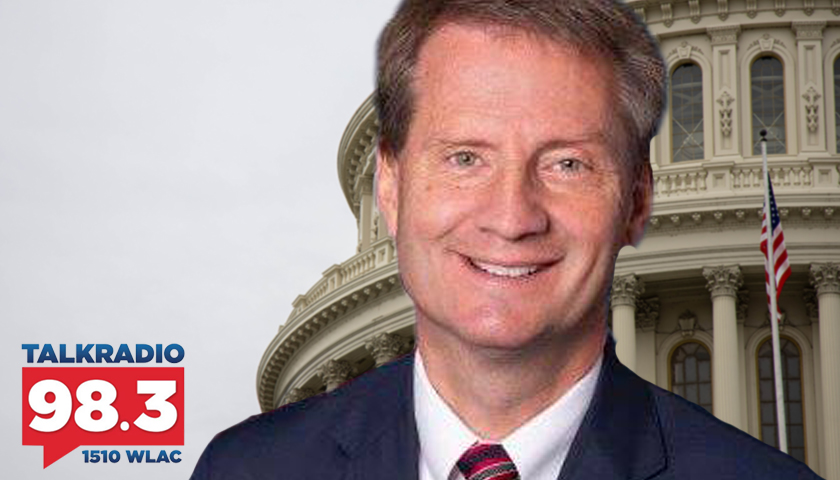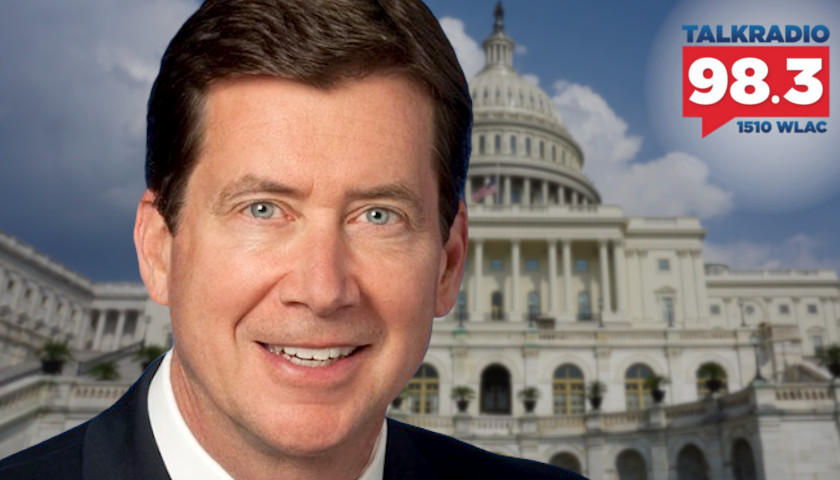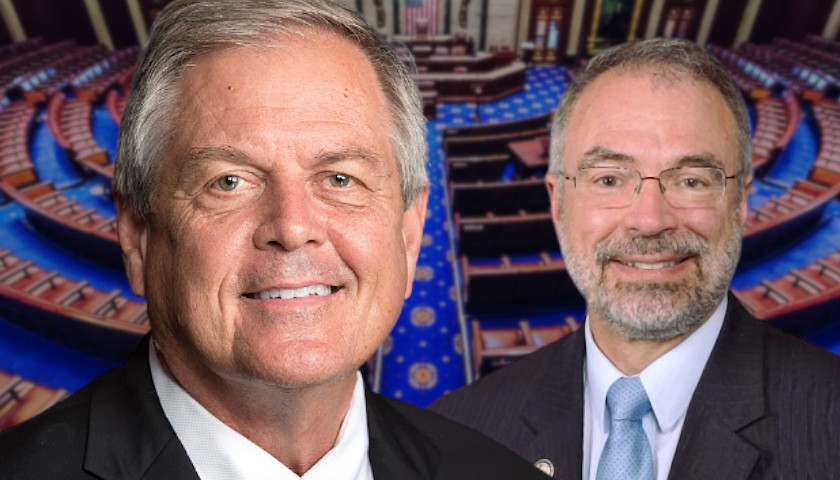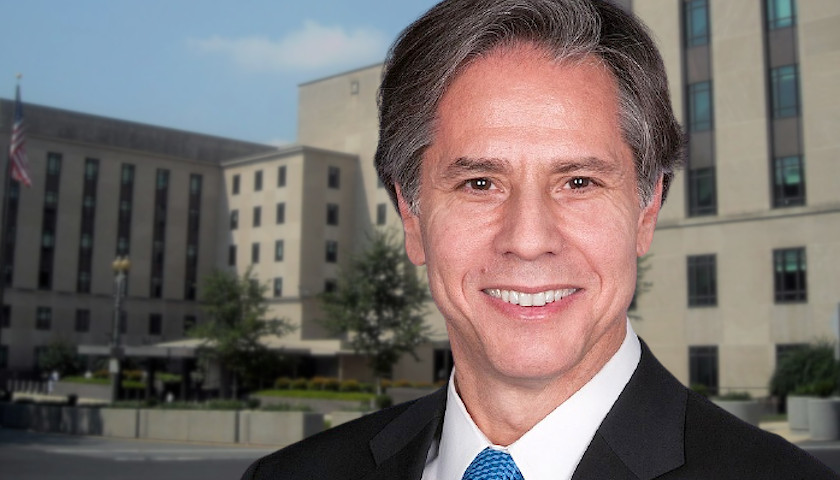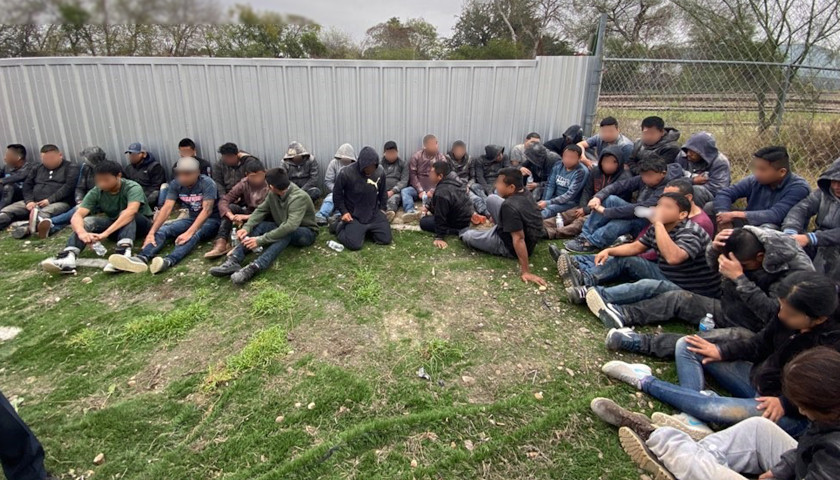The most significant diplomatic event in the month of March was a rapid, seemingly irreversible deterioration of relations between the United States and China. Its signs were on display at the first high-level meeting between the two sides since President Joseph Biden took office on Jan. 20. Held in Anchorage, Alaska on March 18, it ended very badly indeed.
The encounter was unprecedented in the annals of great power diplomacy. Speaking first—with cameras present for what was supposed to be purely opening formalities—Secretary of State Antony Blinken announced the U.S. would “discuss our deep concerns with actions by China, including in Xinjiang, Hong Kong, Taiwan, cyber attacks on the United States, [and] economic coercion of our allies.” Blinken also criticized China for its lack of transparency on the origin of the COVID-19 virus and went on to say that “each of these actions threaten the rules-based order that maintains global stability” which the U.S. intends to uphold.
A lengthy and angry response came from Yang Jiechi, the leading architect of China’s foreign policy, who since 2013 has served as director of the Central Foreign Affairs Commission Office of the Chinese Communist Party, joining the CCP Politburo in 2017. He upbraided the United States in a lengthy rebuke, in the course of which he charged the U.S. with hypocrisy on human rights, criticized America’s foreign interventions, and accused his counterparts of possessing a “cold war mentality.”
Read the full story



